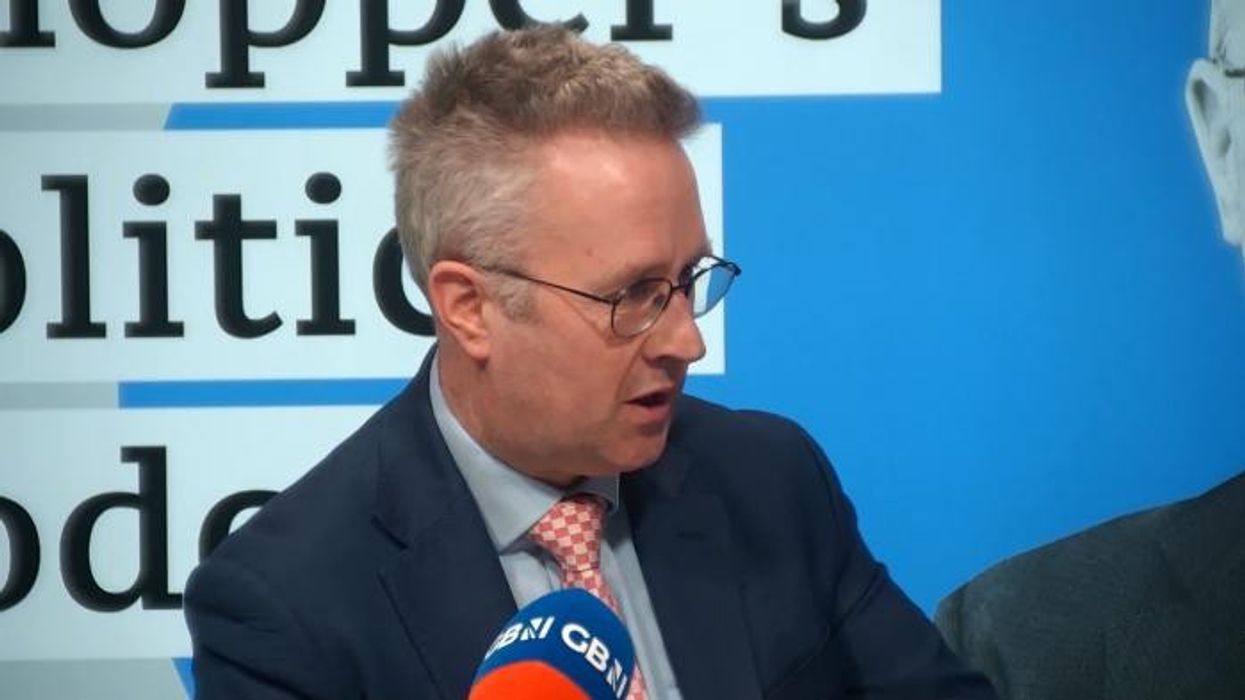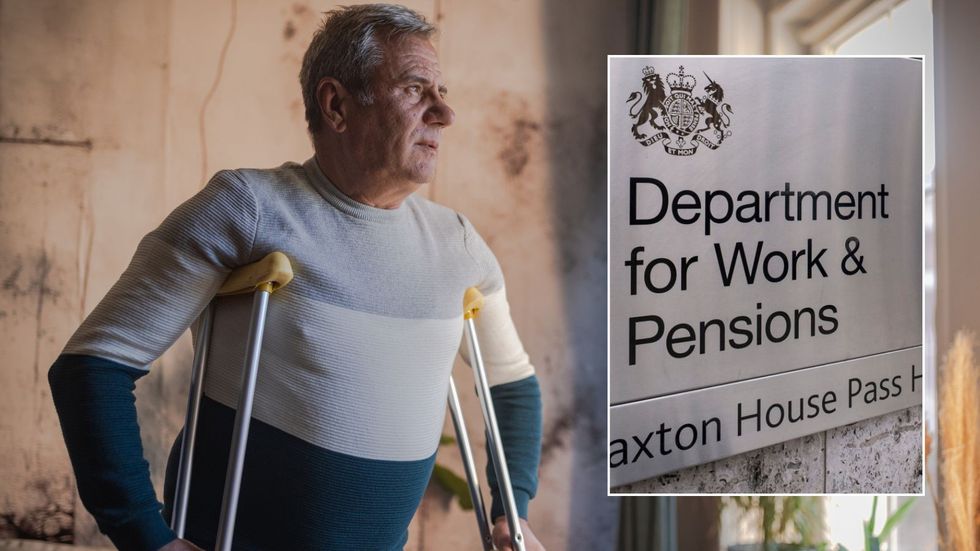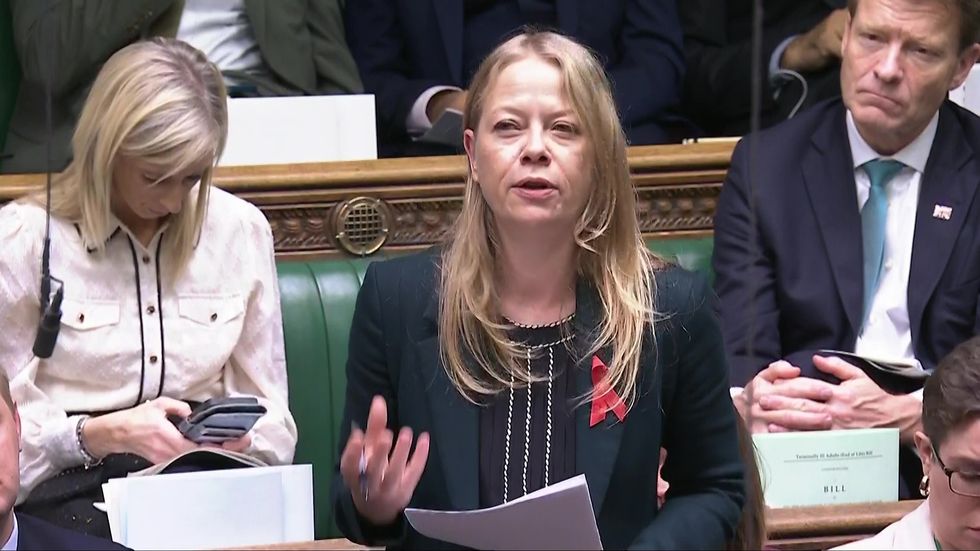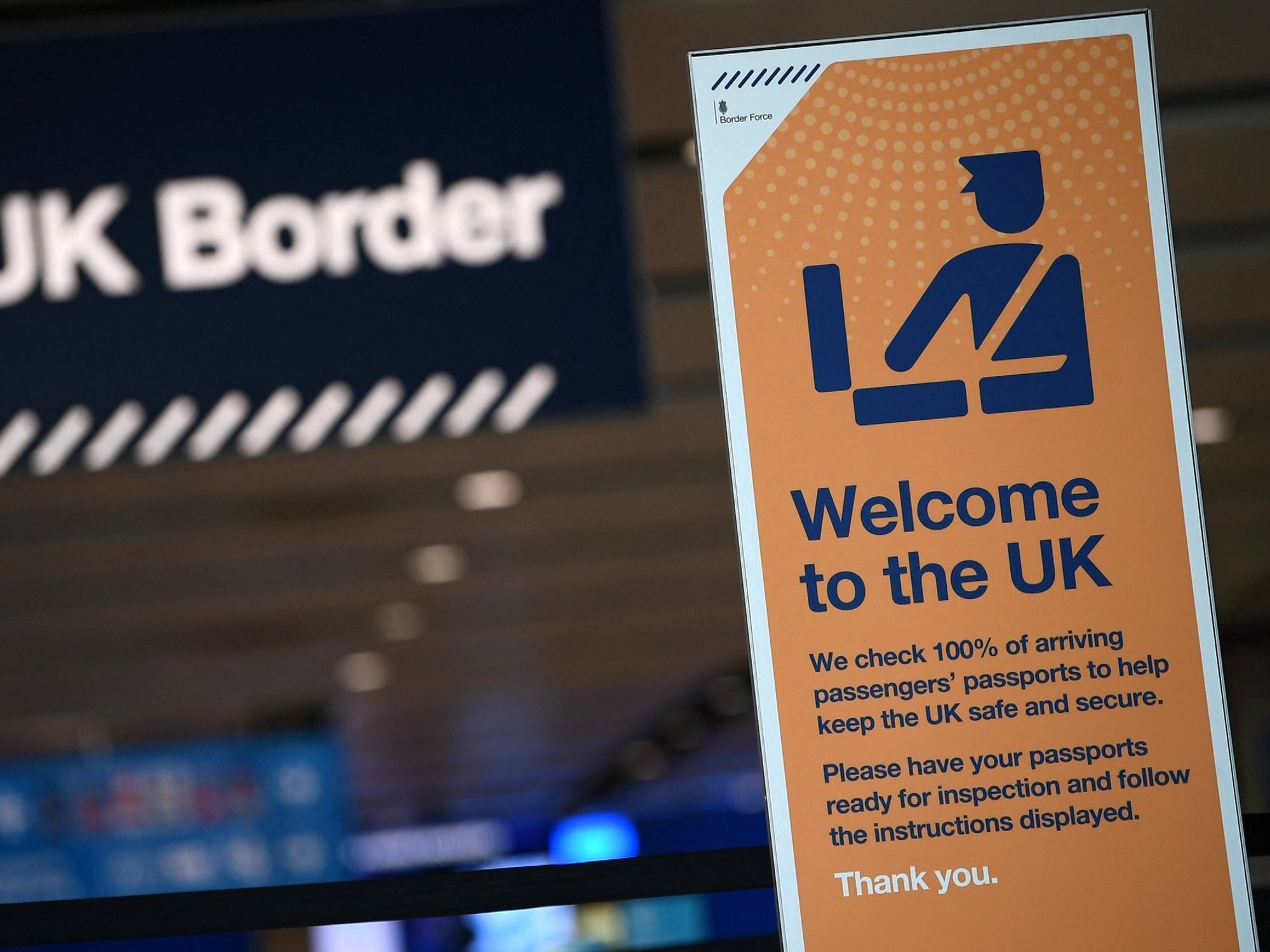DWP overhaul set to push 800,000 disabled benefit claimants 'further into crisis', MPs warn

Stella Creasey says cutting benefits will not 'magically' create jobs for unemployed |
GB NEWS

The Labour Government appears to carrying on with its proposed cut to disability benefit payments administered by the DWP, including PIP
Don't Miss
Most Read
Latest
Labour is facing a significant rebellion over proposed reform to the Department for Work and Pensions (DWP), which will see disability benefits cut for thousands of households.
Earlier today, the All-Party Parliamentary Group on Poverty and Inequality published a report warning that up to 800,000 people could lose Personal Independence Payment (PIP) support entirely.
Some 250,000 people, including 50,000 children, could potentially be pushed into poverty, according to Government estimates.
The cross-party group's inquiry, which examined over 70 submissions including 26 from people with lived experience, found the proposed reforms would have "severe and far-reaching consequences".

MPs are issuing a warning over the proposed cuts to disability benefit payments under the DWP
| GETTYMPs are expected to vote on the measures in the week beginning 30 June, with the Government aiming to save £5billion annually by 2030.
Despite mounting opposition, Prime Minister Keir Starmer has insisted the government must press ahead with the controversial reforms.
Speaking at the G7 summit in Canada on Sunday, Starmer said: "We have got to get the reforms through, and I have been clear about that from start to finish."
He added: "The system is not working. It's not working for those that need support, it's not working for taxpayers. Everybody agrees it needs reform, we have got to reform it and that is what we intend to do."
However, reports suggest ministers are considering softening some aspects of the cuts. According to recent reports, changes could include making PIP eligibility rules less strict, potentially affecting 195,000 fewer disabled people than originally planned.
Do you have a money story you’d like to share? Get in touch by emailing money@gbnews.uk.

Keir Starmer has defended the benefit cuts
| PAThe APPG report reveals that disabled households already face additional costs exceeding £1,000 per month for essentials including food, heating, transport and medical support.
Siân Berry MP and Baroness Lister, co-chairs of the APPG, said: "Disabled people already face unacceptable levels of hardship. These proposals won't remove barriers to employment—they will add new ones by stripping people of the income they rely on to survive."
They added: "The evidence is clear: these cuts will deepen inequality and force people further into crisis. We urge the government to listen to those most affected and change course immediately."
Furthermore, the report warns that some individuals could lose up to £886 monthly, whilst the proposals could also result in £1.1billion being cut from unpaid carers' support.
A letter organised by Labour MP Neil Duncan Jordan and signed by 41 others has urged Chancellor Rachel Reeves to consider raising taxes on the wealthy instead of reducing welfare payments and limiting eligibility.
The MPs, including Nadia Whittome, Diane Abbott and Stella Creasy, wrote to the Cabinet earlier this month saying the reforms were "impossible to support" and called for "a change in direction".
Based on the Labour Government's own impact assessment, 2.25 million households will lose out on £500 annually from the cuts.

Brighton Pavilion MP Sian Berry spoke out against the planned benefit cuts
| PASignificantly, 19 of the 20 areas where claimants are set to miss out most on PIP voted Labour in the general election, with only Clacton voting for Reform UK.
The Joseph Rowntree Foundation estimates more than three million people affected by the benefits cuts could lose up to £12,000 yearly.
Under the Welfare Reform Bill, the Government plans make PIP qualification rules more difficult for disabled people with less severe conditions, whilst also proposing cuts to the sickness-related element of universal credit.
The current Universal Credit rate would be frozen at £97 weekly for existing claimants until 2029/30, then reduced to £50 weekly for new claimants from 2026/27.
Reports indicate the government is considering a longer transitional period for those losing benefits, giving claimants more time to plan for income loss.
There will also be "non-negotiable" protections for the most vulnerable recipients, including no further reassessments for terminally ill people.
More From GB News










